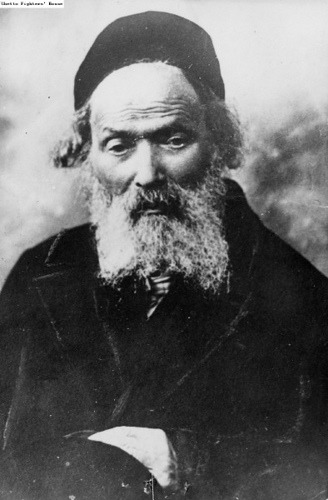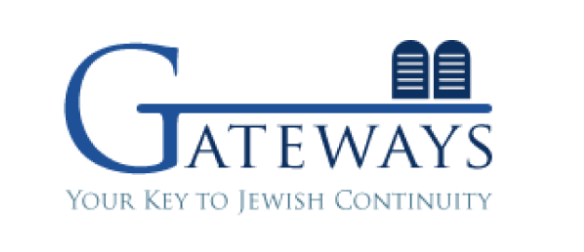McGrath probing service preventing identity theft
By ERIN MADISON
Tribune Staff Writer
The Montana Attorney General's office is investigating LifeLock, a company profiled in Sunday's Tribune.
LifeLock is an identity theft prevention service. Customers pay $10 per month to have a fraud alert placed on their credit reports and be opted out of pre-approved credit card offers. If one of LifeLock's members has their identity stolen, the company covers any losses up to $1 million.
LifeLock previously ran a full-page ad in the Tribune, which included the Social Security number of the company CEO Todd Davis.
That ad piqued the interest of Attorney General Mike McGrath, said Assistant Attorney General Jesse Laslovich.
"When that ad appeared, we started investigating them," Laslovich said, adding that so far nothing has come of the investigation.
The attorney general's office is sending the company a notice of a civil investigation, Laslovich said.
LifeLock is not aware of any state investigation, said Tami Nealy, director of communications for the company.
When McGrath saw Davis' Social Security number in the advertisement, he had concerns that it wasn't actually the CEO's Social Security number, Laslovich said.
Davis says he can give out his Social Security number because LifeLock is effective in preventing anyone from using it to commit fraud.
The Social Security number in the advertisement is registered to numerous people, Laslovich said. That's probably because people see it and try to use it to open lines of credit, he added.
The number in the advertisement is Davis' real Social Security number, Nealy said. Davis gets calls via the LifeLock service every two or three weeks notifying him that people are trying to open lines of credit in his name.
Every time the company prints Davis' Social Security number, it also gives a disclaimer saying people should protect their Social Security numbers and not share them, Nealy added.
The attorney general's office also has concerns about LifeLock because most of the services it offers are things people can do for free on their own, Laslovich said.
The company doesn't deny that, Nealy said.
"Everything we do for you, you can do yourself," she said.
However, the company offers convenience in that members don't have to do those things themselves, such as renew fraud alerts, which expire every 90 days.
"You can change your own oil; you just don't," Nealy said.
Laslovich recommends that people do thorough research before signing up with LifeLock — look over the contracts before signing them, be sure to understand what the company offers and go over everything with a fine-tooth comb.
Laslovich noted that with the increase in identity theft, there also are some businesses cropping up that may only claim to protect people from identity theft.
"We're just trying to be proactive," he said.
Reach Erin Madison at 791-1466, 800-438-6600 or emadison@greatfallstribune.com.
APRPEH has posted information and analysis concerning Lifelock in the past: here and here. Lifelock at least is honest in admitting that the services they provide can be done for free by anyone. The analogy of changing the car oil doesn't really apply. A fraud alert can be placed on all three credit files in under 3 minutes, faster if you are familiar with the touchpad sequence. Both Experian's and Equifax's websites are set up to take the alert online. This a very simple process with very little risk of a leaving your garage a filthy mess and your fragile male ego shattered. More troublesome is the Lifelock marketing:
LifeLock, the industry leader in proactive identity theft protection, offers a proven solution that prevents your identity from being stolen before it happens. We'll protect your identity and personal information for only $10 a month - and we guarantee our service up to $1,000,000. We also offer the only identity theft child protection program available in the market, so guarantee your good name today and enroll now.
Fraud alerts are only affective in preventing credit based fraud. Any new account opening or transaction where a credit report is not necessary by-passes the fraud alert protection. Utility companies for instance including many telecommunications and internet service providers rarely if ever utilize a credit report for new account openings.
The same claims about safety have been made by the credit freeze advocates. APRPEH discussed the credit freeze issue in November.
The Lifelock marketing brags about selling "the only identity theft child protection program available in the market." Why is that?
Lifelock claims:
Among the things we do:
- We check credit reports every 6 months to ensure that there is no activity.
- If a credit report does exist, we place fraud alerts on credit reports, stating that this is a minor child and that no activity should occur.
- We check for work history and any misuse of the Social Security number.
- We repeat this process regularly to ensure that all is well.
- Starting out is hard enough. Starting out with a stolen Identity makes it ten times harder. We think that's worth $25 a year. Do you?
APRPEH discussed the issues involving minors and their Social Security Numbers and Minors and Identity last year as well.
A good question for Attorney General Mike McGrath to ask is exactly what protecting is Lifelock doing? The product described on their website merely goes the process of determining if fraud has occurred using a minor's personal identifying information. To find out if a credit report exists for a minor, follow the instructions available from the Identity Theft Resource Center. In general, the credit bureaus will not knowingly produce and report credit history associated with a minor. Once the bureaus are aware that a credit file is associated with a minor they will either freeze the file or mark it accordingly. What the bureaus consider a minor is a different matter. A teen who is listed as an authorized user on a credit card likely has a credit file. Expecting a consistent answer from the bureaus as to why one minor should have a file and another shouldn't is asking for too much.
Wishing Good luck to General McGrath.
























































0 comments:
Post a Comment